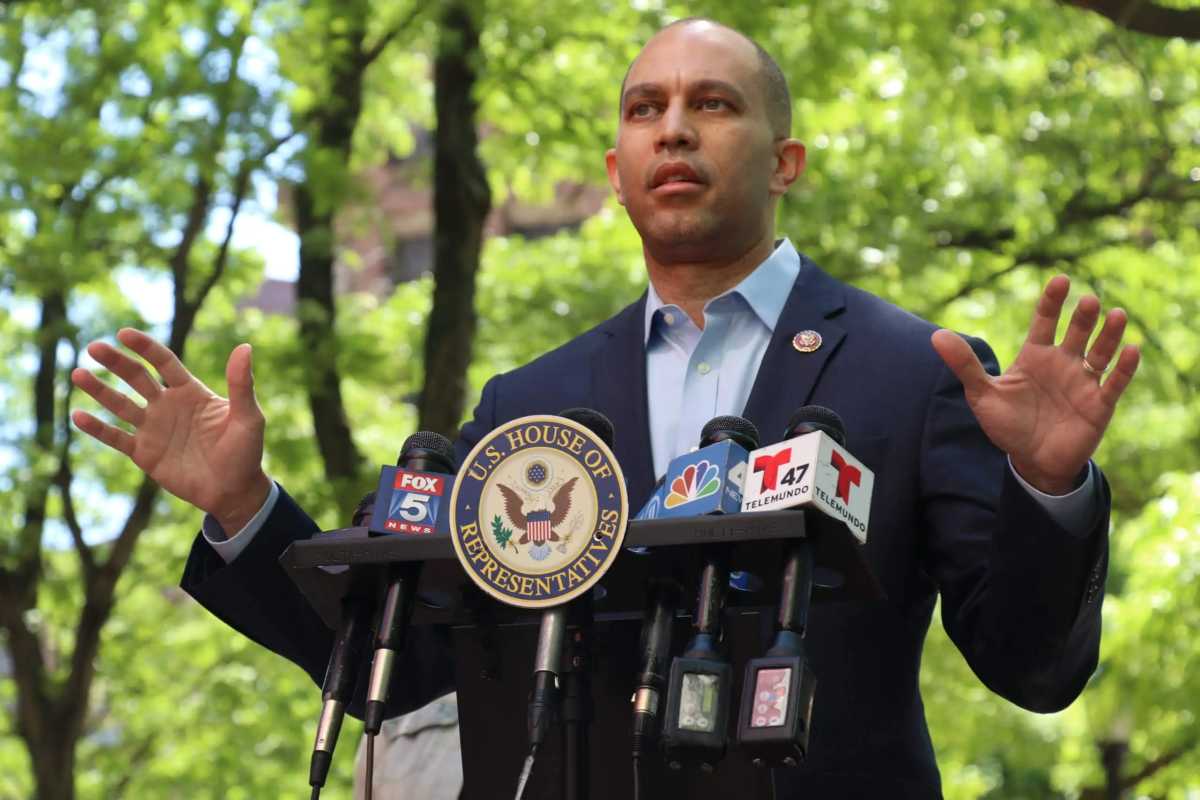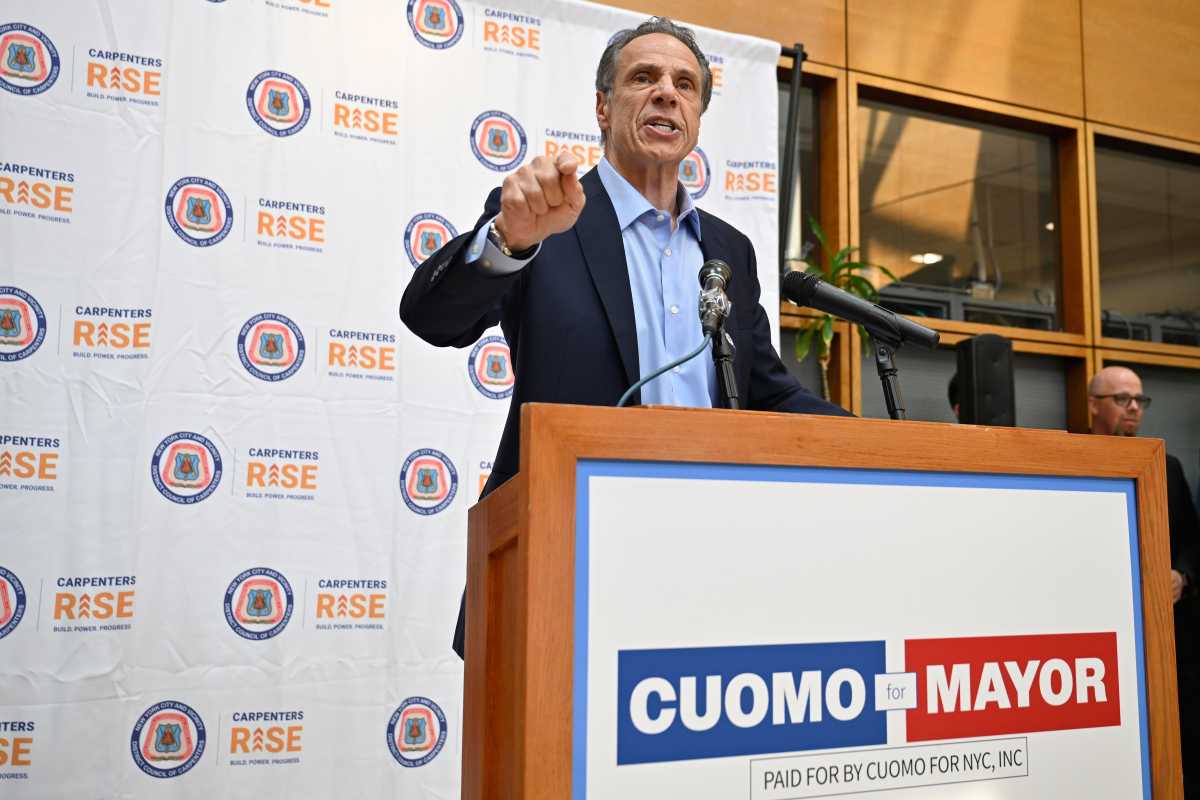Hakeem Jeffries, the House Minority Leader and the highest-ranking Democrat in the House of Representatives, is one of the most influential leaders in Washington, DC. But, first and foremost, Jeffries’ job is to represent 750,000 people in the 8th Congressional District of New York. And many of those individuals are hurting.
About 23.7 % of people in the 8th Congressional District live in poverty. That rate of poverty is comparable to rates found in the congressional districts of the Delta regions of Mississippi and Arkansas and the congressional districts in the Appalachian areas of Kentucky and West Virginia.
Remarkably, even seniors in Jeffries’ congressional district have a high rate of poverty. Despite the existence of national safety net programs for the aged, the poverty rate of persons 65 or older in the 8th Congressional District is 24%. For the nation as whole, only 10.9% of seniors are in poverty.
Jeffries’ constituents also, often, must deal with serious underlying health problems. About 54,000 individuals, ages 18-64, in the 8th Congressional District have disabilities and about 38% of those individuals are in poverty.
The power of the federal government, through programs run by the Social Security Administration (SSA), can be harnessed by Leader Jeffries to alleviate hardship among his aged and disabled constituents. To achieve this, however, Jeffries and his Washington, DC staff are going to have to get the details right and not simply rely on general rhetoric about “protecting” Social Security.
The first issue needing Jeffries’ attention is the operational meltdown occurring at the Social Security Administration (SSA), which is the agency charged with running Social Security’s programs. This meltdown is a direct result of the failure of Congress to adequately fund SSA. People in the 8th Congressional District and elsewhere often cannot get help from SSA through any of the agency’s service channels (local office, phone, or mail). The agency readily admits that it is experiencing a “customer service crisis.”
Perhaps of greater concern, those trying to access benefits from Social Security often face unacceptable delays. There are more than one million Americans, nationally, sitting in SSA’s disability backlog. Indeed, across the country last year, 30,000 Americans died waiting for the agency to make a determination on their disability applications.
Why can’t people in the 8th Congressional District and elsewhere get good service from SSA? Because the agency’s customer service budget has been cut by Congress, in inflation-adjusted terms, by 19% over the last 14 years. SSA’s staffing is at an all-time low, despite the fact the number of beneficiaries is at all-time high.
This fall Congress will make several under-the-radar decisions, using arcane language, about agency budgets that will either help or hurt real people across the country. Because of the political divide in Washington, DC, Congress is likely to fund the government through a “Continuing Resolution” or “CR.”
CRs flatline agency budgets unless Congress provides for an “anomaly.” Unless Leader Jeffries and others can provide an increase in funding for SSA, via an anomaly or regular appropriations, aged and disabled individuals in the 8th Congressional District will receive even less help from Social Security’s programs.
The second issue that needs Jeffries’ attention is the modernization of the Supplemental Security Income, or SSI, program. SSI is a sister program of Social Security that provides benefits to low-income seniors and disabled persons.
Pending legislation to modernize SSI would bring its maximum federal benefit amount to at least the official poverty line in the US (about $1,250 per month). That would directly improve the lives of the 43,000 SSI recipients in the 8th Congressional District, guaranteeing that they would not live in poverty.
In addition, the asset limits to qualify for SSI need to be modernized. Those limits have not been adjusted despite decades of inflation. Many constituents in the 8th Congressional District and elsewhere could get help from the SSI program except for the fact they have small amounts of personal savings.
Why should Leader Jeffries focus on modernizing SSI? Out of the 435 congressional districts in the US, the 8th Congressional District of New York has the 6th highest number of individuals on SSI.
Jeffries should be mindful of a famous political expression: “All politics is local.” The expression came about to remind even powerful leaders in Washington, DC to pay attention to local concerns.
Social Security and SSI are national programs, but Leader Jeffries can use his influence to make these programs work better for the people of the 8th Congressional District of New York.























